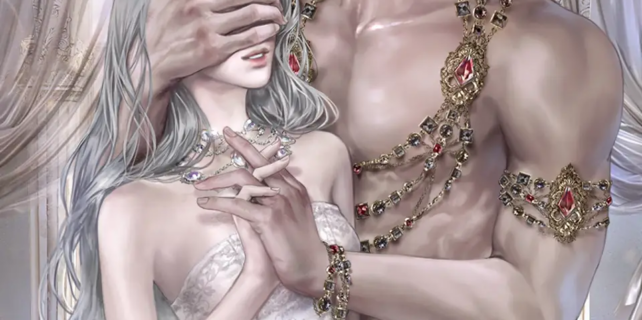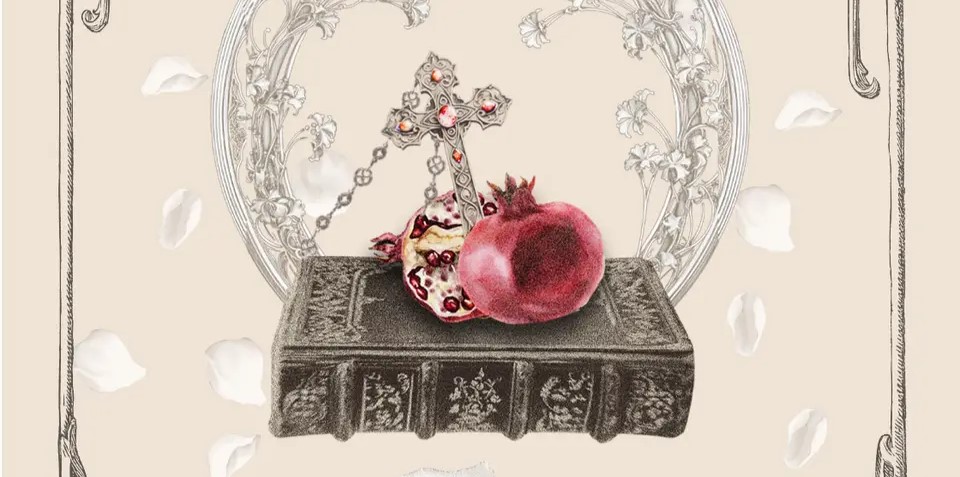Droit du Seigneur: His Lordship's Right of the First Night - Chapter 7
“Baron Hans offered his fortune and daughter to Duke Tallin to save his own skin—just that is enough to know he’s a particularly ambitious man. I know that the imperial palace has been planning to remove him before he could aim for the throne, so it’s quite pleasing to deal with both of them through this incident.”
“In any case, you deserve the most credit for this, Richard.”
“The former lord’s exploitation left the lives of the fief’s residents in shambles. While it’s difficult to adjust the tax system immediately due to its sensitivity, I plan to reconstruct it significantly once things stabilize.”
“Yes, handle the remaining matters as you see fit. You are the lord of Evron now.”
“Yes, Your Majesty.”
The emperor nodded nonchalantly, confident in Richard’s abilities. Shifting the conversation to a lighter topic, he asked,
“By the way, did you like the gifts I sent?”
“…If you mean the sable fur cloak, the ten rapiers made by the artisan from Petre, the five golden paperweights, and the twelve bottles of wine from Mount Alia, I received them well.”
“And the others?”
Leonhart smiled subtly, causing Richard to give a knowing look. Despite his imperial dignity, the emperor often displayed a mischievous side when they were alone.
“Why don’t you mention the other gifts? I thought a young man who spent a long time alone on the battlefield would appreciate them the most.”
“…Brother, please stop.”
Richard clenched his teeth, recalling the moment he walked into the bathroom on his first day at the fief and found a naked woman in the tub.
“Milord, I’ve come to attend to your bath.”
It wasn’t hard to guess whose orders she was following.
The emperor, concerned that his younger brother remained unmarried and without a mistress even at his age, would frequently present women to him. He would show him portraits of princesses and noble ladies, urging him to marry, and even arranged for half-naked women to be in his bed while he stayed at the palace. If anyone else had done such things, Richard would not have spared them.
In fact, one reason he chose to move to a remote fief was to escape his brother’s nagging about marriage.
“I’ve told you many times that I have no intention of marrying…”
“The wine has a good aroma.”
“…”
“Get married, Richard. Within this year.”
Interrupting Richard, the emperor took a sip of wine and looked back.
“How old are you now? You keep rejecting the most beautiful women in the empire. Are you planning to become a clergyman?”
“…”
“For a man of noble birth, marriage brings more benefits than harm. Especially for you, as a member of the imperial family, you have the duty to ensure the prosperity of the imperial family.”
The emperor’s expression, while talking about marriage, was overly dry for someone who had recently welcomed a second child.
For them, marriage was a political alliance between families, a means to calculate and maximize benefits, and to solidify power.
Richard understood this logically. But he knew that this process inevitably led to someone getting hurt, just as their parents had.
“I have no intention of marrying anyone.”
“Richard.”
The emperor glanced at him with a look of pity.
“It seems you’re still stuck in your childhood.”
“…”
Their father, the previous emperor, and their mother, a foreign princess, had a relationship forged through a strict political alliance. They acted as political partners rather than a married couple, treating even the birth of their children as a duty.
After having two sons, they maintained the facade of a loving couple only in public, never dining together or sharing a private word.
Both had lovers from before their marriage, and by mutual agreement, they tolerated each other’s illegitimate children. The two princes, receiving no genuine affection, were deeply scarred during their formative years.
Even if Richard met someone he connected with, as an imperial, he would always have to prioritize political considerations, a fate he wished to avoid. He didn’t want to make someone unhappy through a loveless marriage.
“Political marriages aren’t always bad. Many find happiness with a compatible partner.”
“Is that so? How is Her Majesty the Empress?”
Leonhart was the only person who shared the loneliness of Richard’s childhood. Knowing how much his brother cared for him, Richard chose to respond indirectly instead of with harsh words.
“Haha…”
Leonhart burst into laughter at the unexpected question. He too had a political marriage with the daughter of the highest-ranking noble family in the empire. Their relationship was neither bad nor close, despite having been engaged since childhood and having two children.
Richard’s remark alluded to the empress, who had recently given birth to their second child and stayed at her family home to recover, as an excuse for Leonhart to leave the palace and visit Richard.
“You’ve gotten better at responding to talks about marriage instead of just avoiding them.”







